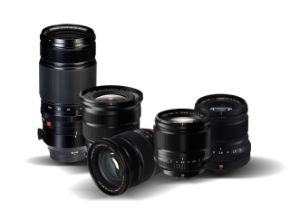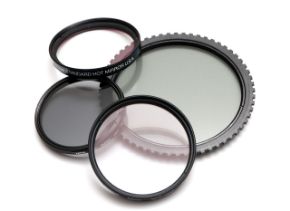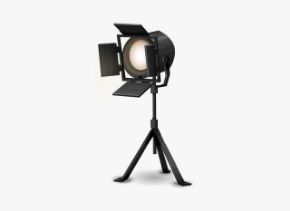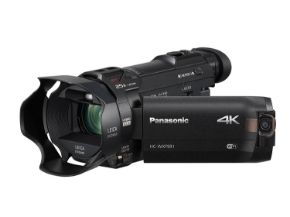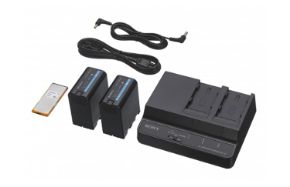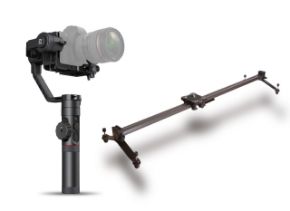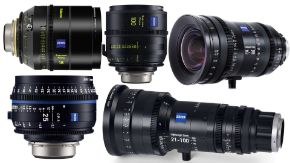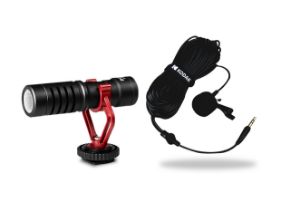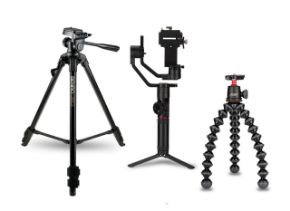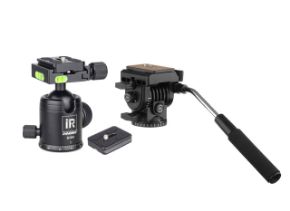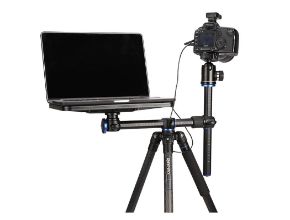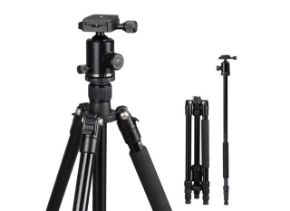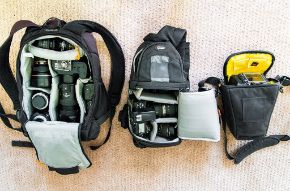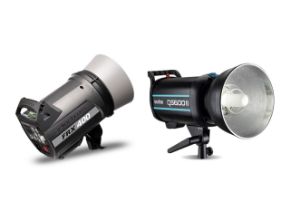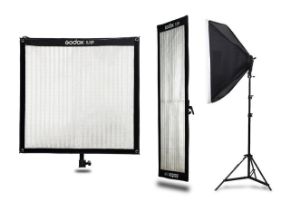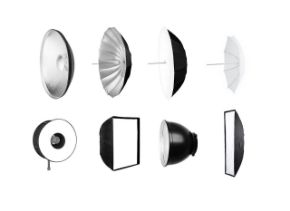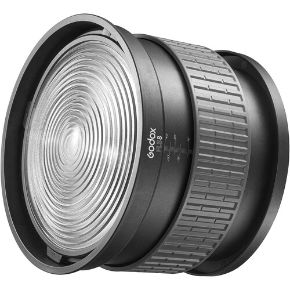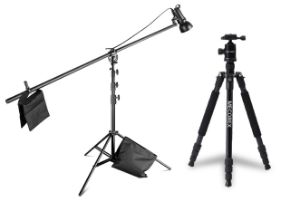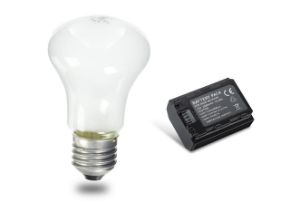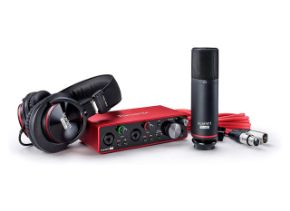Exceptional cine lens for full frame DSLRs
The Samyang VDSLR MF 16mm T2.6 ED AS UMC is a wide-angle cine lens with an impressive focal length of 16mm designed for DSLR cameras with a full-frame sensor. Of course, it also fits on cameras with APS-C sensor, in which case the corresponding crop factor comes into play. The image angle of 106.91 degrees (at full format) gives professionals in the field of film and photography enormous freedom in the staging of their scenes. This focal length is not only suitable for wide landscapes, but also for interiors, even cramped ones. In the city, two streets meeting in the right angle fit simultaneously on the picture, or also two sides of a house.
Excellent optical performance
Thanks to its 14 elements in 11 groups, the lens delivers excellent image quality. These include 2 aspherical lenses (ASP), which ensure extremely low distortion, 2 high refractive lenses (HR), which optimize the light flow and reduce color deviations, and 2 lenses with extremely low dispersion (ED) for correcting color errors.
Optimized for Follow Focus systems
Thanks to the quiet and stepless focus and aperture rings, this lens is ideal for use with professional Follow Focus systems. In addition, the distance scale and T-numbers are positioned on both sides of the lens for ease of use.
Available for different camera connections
The Samyang VDSLR MF 16mm T2.6 cine lens is available for the following camera connections: Canon EF, Nikon F, Pentax K, Sony A, Canon M, Fujifilm X, Samsung NX, Sony E as well as MFT.
Why the aperture is sometimes given in T
In photography, the abbreviation "f" is used for aperture (from "focal length"). The given value indicates the ratio between focal length and entrance pupil at the lens. In film and video, on the other hand, the abbreviation "T", which stands for "transmission", is used. This value is calculated from the aperture f and the loss of light in the individual lens. It indicates the net brightness of the image that hits the sensor. This makes it possible to change the lens when filming: As long as the same "T-Stop" is selected for both, it is guaranteed that two shots of the same scene filmed with the two different lenses are equally bright. Thus, no jumps in brightness occur when the two clips are edited together.





